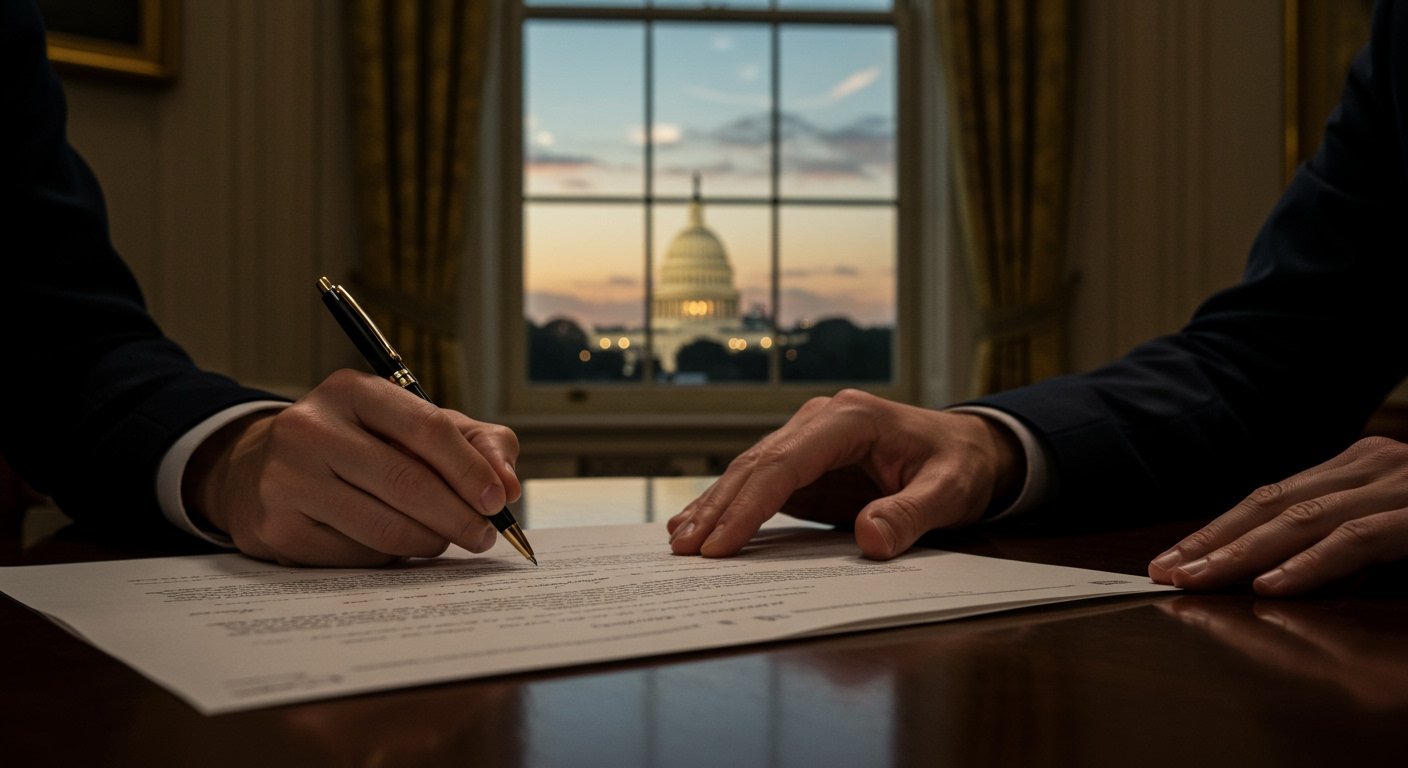Protests have erupted across the United States, including on Capitol Hill, in response to sweeping efforts by the Trump administration and prominent businessman Elon Musk to dismantle or drastically restructure key federal agencies. The actions have triggered significant backlash from government workers, labor organizations, and Democratic lawmakers, raising concerns about the future of critical government functions and the potential for conflicts of interest.
Nationwide Opposition Emerges
Demonstrations have been reported in multiple locations nationwide, with a focal point on Capitol Hill, where activists and federal employees voiced their opposition to the proposed overhauls. The list of agencies reportedly targeted or significantly affected by these plans is extensive, encompassing vital departments and bureaus responsible for international aid, consumer protection, environmental monitoring, education, and labor rights. Among those identified are the U.S. Agency for International Development (USAID), the Consumer Financial Protection Bureau (CFPB), the National Oceanic and Atmospheric Administration (NOAA), the Department of Education, and the Labor Department.
Restructuring Efforts and Impacts
The restructuring initiatives involve concrete steps impacting the workforce and operations of these agencies. Actions taken reportedly include putting thousands of employees on involuntary leave or furlough, freezing allocated funds, and presenting detailed plans to slash jobs. Particularly alarming reports have emerged regarding USAID, which is reportedly planning to retain fewer than 300 workers out of its thousands-strong global workforce, suggesting a near-complete dismantling of the agency’s current structure and operational capacity.
Elon Musk’s Contested Role
A central figure in these controversial efforts is Elon Musk, who has reportedly been designated as a special government employee and granted top secret security clearance. Musk is said to be leading a group referred to as the ‘Department of Government Efficiency’ (DOGE). His involvement has drawn intense scrutiny, particularly concerning allegations that DOGE has sought access to highly sensitive data. Reports indicate attempts to gain access to the Treasury Department’s payment system and sensitive Labor Department data that may contain confidential worker complaints against his own companies.
Link to Broader Initiative
These agency restructuring efforts and the creation of entities like the ‘Department of Government Efficiency’ are reportedly tied to the broader Project 2025 initiative. This initiative, developed by conservative organizations, outlines plans for drastically altering the structure and function of the federal government should a Republican administration take office.
Legal and Political Challenges
The proposed changes and Musk’s involvement have quickly escalated into legal battles. A coalition of labor groups, including prominent organizations such as the AFL-CIO and the American Federation of Government Employees, has filed lawsuits. These legal actions aim to prevent DOGE from accessing sensitive Labor Department data and specifically seek to stop the dismantling of USAID. Separately, individual federal workers have also initiated legal proceedings. Their lawsuits reportedly address a federal worker buyout offer presented by the administration and allege illegal compromise of personal information by DOGE in the course of its data access efforts.
Democratic lawmakers have publicly joined the protests and vocally expressed their opposition to the restructuring plans and Musk’s role. Some have characterized Musk’s involvement as a “hostile takeover” of the U.S. government, underscoring the deep partisan divide and the intensity of the concerns surrounding the transparency and motivations behind these initiatives.
Judicial Intervention
In a significant development, a federal judge on Thursday issued a ruling that blocked a specific component of the administration’s plans. The judge reportedly blocked the administration’s plan offering financial incentives for federal workers to resign, a move seen by critics as an attempt to expedite workforce reductions.
The protests, coupled with mounting legal challenges and political opposition, highlight the significant contention surrounding the Trump administration’s and Elon Musk’s efforts to reshape the federal bureaucracy. The outcomes of the ongoing lawsuits and future policy decisions will likely determine the scale and impact of these proposed changes on the functioning of numerous critical U.S. government agencies.











